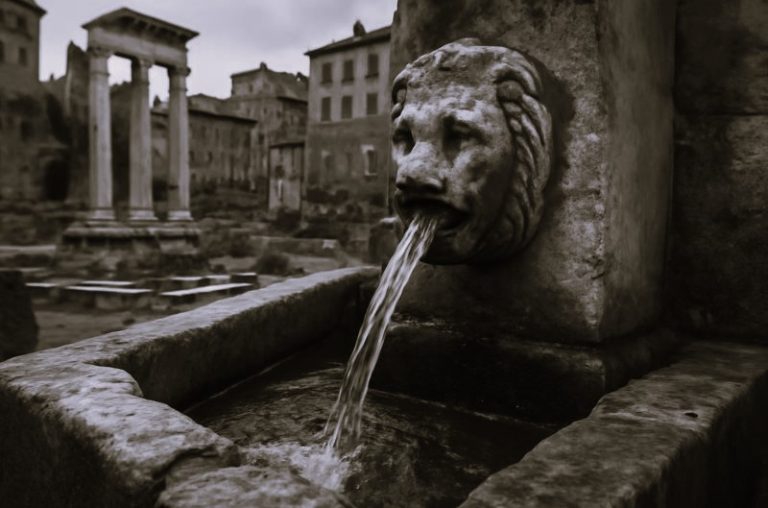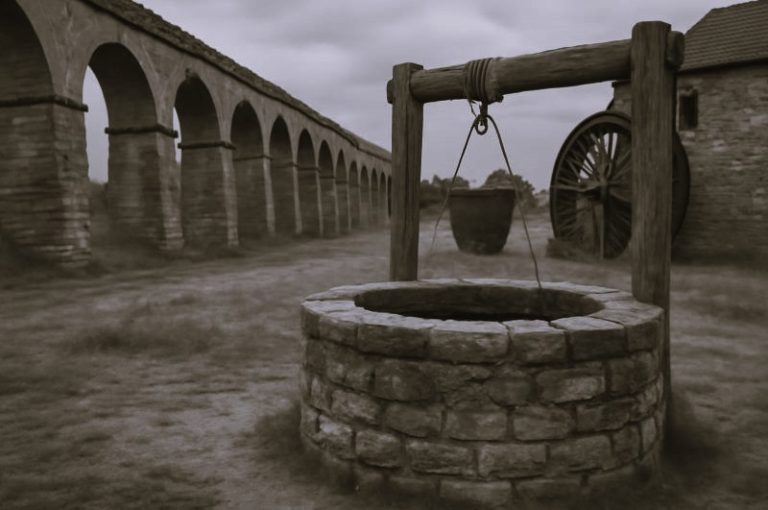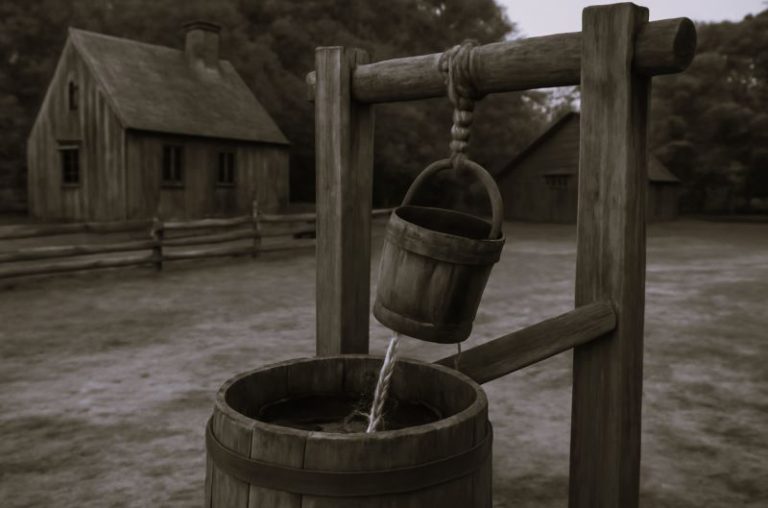

By Estelle Galbois and Sylvie Rougier-Blanc
The poor and poverty in Antiquity must be considered as true objects of historical, philosophical, anthropological and sociological study, despite the fact that the available sources, which were written by the elites, rarely mention the poor. Ultimately, studying poverty and the poor, hardly a glamorous subject for research in the humanities and social sciences (scholars prefer to study the privileged social classes), means taking an interest in the hidden side of a society.
The poor in Greece from the 8th to the 1st century BC were not a homogeneous social category, no more than they are today, even in times of crisis. A variety of words was used to define them. A brief inventory of the words used for poverty provides a first overview of the forms that poverty takes in Ancient literary sources, and is a good starting point for sketching the outlines of a Greek ‘taxonomy of poverty.’

First, there is an ‘economic’ vocabulary that stresses the absence or lack of goods, in short, on the state of deprivation induced by poverty, such as aporos (a person who does not have the means to obtain the necessary income). Some of the terms emphasize the incapacity and limits that result from poverty, and forms a ‘social’ terminology that makes poverty into a form of servitude: adunatos, (without capacity, disabled), a term often associated with poverty among Attic orators. It is probably in this same register that we should understand the vocabulary associated with the requirement of work and the family of penia, including penês, a term that refers to the poor worker who does manual labour and does not own his own land.
Finally, there is a third group of poverty terms linked with seeking, supplicating, and begging, as well as the dependence that results from them, i.e. the practices and behaviours of the poorest. In this category we find that the family of words around ptochos, the beggar, one of the oldest terms to describe extreme poverty, as Sandrine Coin-Longeray analyses in her chapter. The beggar is considered a social parasite.
The literary and iconographic research has also revealed that the external signs of poverty are not so different from those of today: thinness (malnutrition), old age (premature aging due to hard labour or wandering), disease, clothing (simple rags or the tribanon, a typical type of coat).
The state of poverty in fact covers a variety of situations, but always leads to exclusion, primarily political exclusion because the poor do not have time to exercise their ‘profession’ as citizens since they are consumed with the need to find food and shelter. Greek society’s view of the poor was often critical and excluded them: the poor were considered to have low morality and the degradation of insecurity and impiety. They looted altars and stole offerings made to the gods, lied and would do anything to get enough to survive. All these acts showed their marginality and their rejection of practices for living together in a harmonious community. Yet in cities, the poor occupied open spaces (public porches and the porches and thresholds of homes), but there is no literary or epigraphic evidence indicating legislation to drive them out. The poorest could even maintain a semblance of sociability, by often attending public baths or their systematic presence near temples. Figures of the polis, they were in a way partially integrated.

You can see images of poverty other than the well-known one of Ulysses, disguised as a beggar to return home and take his revenge. In the imagery, some Hellenistic terracotta figurines represent emaciated, simply dressed workers and fishermen, while others are naked characters, beggars with grotesque faces. These images indicate that elites feared falling into poverty and tried to keep the evil eye away with these laughable figures.
Finally, choosing to ‘become poor’ (whether in clothing, posture, modest offerings to the gods, or in one’s way of life) was a common practice at different times in Greek history. Doing so was a way to value giving everything up, soberness, simplicity and a return to original values, of setting oneself apart within the city. Whether for the philosopher Socrates, who walked barefoot, or the Cynics, who advocated detachment from all goods, their ‘poverty’ was an ideological posture.
Originally published by Mondes Sociaux: Magazine de Sciences Humaines et Sociales, 01.10.2018, free and open access, republished for educational, non-commercial purposes.






